Regional
DRC: Man who denounced genocide ideology faces death threats
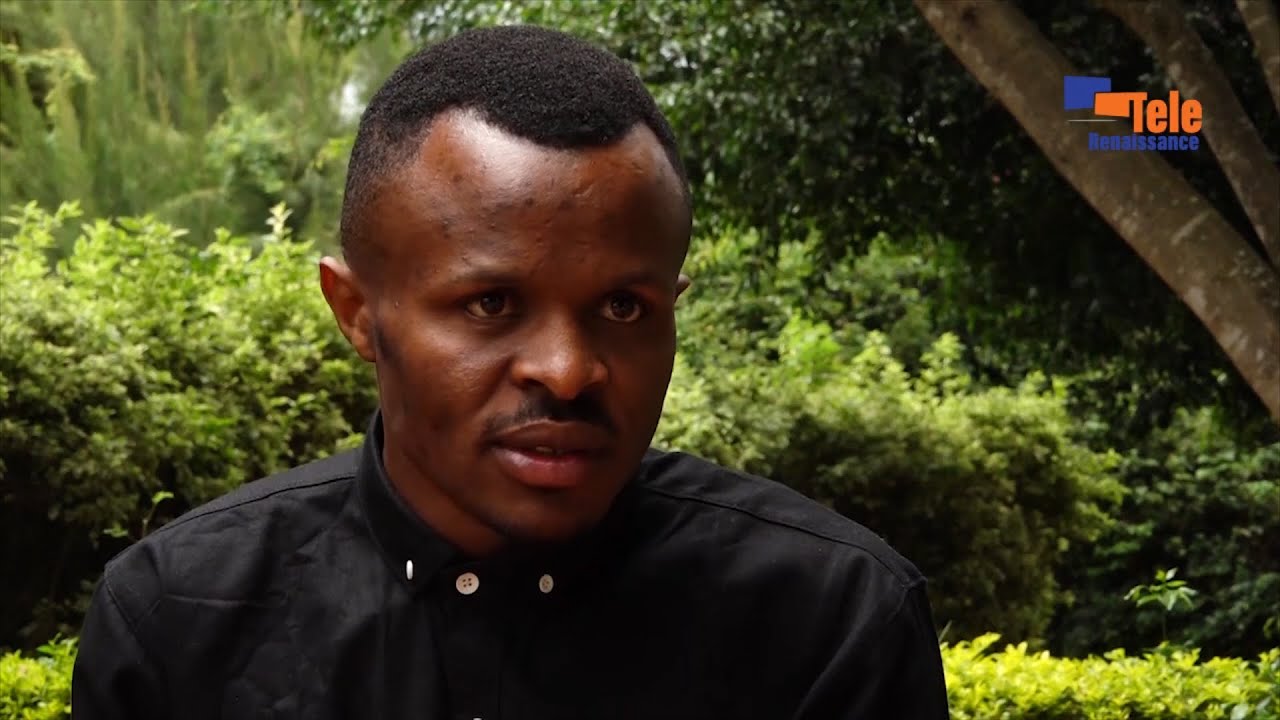
Eliezaire Ushindi is a Congolese who was two
years old when the 1994 Genocide against the Tutsi in Rwanda unfolded.
Today he is 30 years old but not living the
fullest of his life because of the path he opted to take. He chose justice and
that has since not reflected well on his life.
His personal situation deteriorated rapidly
as a result of denouncing the hunt for members of the Tutsi community and Kinyarwanda
speakers who had been living, for decades, in North and South Kivu Provinces after
being stigmatized by various radicalized actors from the DRC.
But who is he? Ushindi is the founder of
Maisha DRC, a platform for Congolese students who denounce hate speech and
genocide in the Great Lakes region, and particularly in the DRC. This platform
has documented all crimes based on hatred where victims and perpetrators are
named. Ushindi received death threats and had no alternative but to flee the
DRC to Rwanda to save his life.
Maisha DRC was the first to denounce and
condemn, in the strongest terms possible, the killing of FARDC officers because
of their “Tutsi faces.” In November 2021, Major Joseph Kaminzobe, from the Banyamulenge
community was lynched, his body burned and subjected to acts of cannibalism in
Lweba. On December 20, 2021, Congolese national police lieutenant Gapasi
Munyemanzi was lynched on the Nyiragongo side, just because he had "a
Tutsi head" and a Rwandan-sounding name. The killers have a feeling of
impunity because the government does almost nothing to prevent the violence,
including targeting state agents in their workplaces.
Ushindi is from Bashi community who live in
South Kivu. He was targeted because of his morphology as he was considered as a
Tutsi. Sociologically, the Bashi share certain names with the Congolese
Kinyarwanda speakers. Ushindi fled DRC and currently lives in Rwanda.
Since 1996, some Bashi citizens had paid the
same price, as the Congolese Tutsi, because of their morphology. Those who make
politics of hate relate the Bashi community to Congolese Kinyarwanda speakers.
The promoters of hate speech, who unfortunately are becoming dominant in the
DRC, see Tutsi everywhere and designate them as the enemies of the Congo. They
consider them as people who must be driven out or liquidated. This genocide
ideology started in eastern DRC in 1963 but it was fueled by the presence of Ex
FAR and Interahamwe militia from Rwanda who fled to DRC after committing the 1994
Genocide against the Tutsi.
Congolese extremists shared a photo of
Ushindi on social media with an arrow on his nose, insinuating that he has a
Tutsi nose, not a Congolese nose. In the last 28 years, genocide ideology has
risen in DRC and Congolese communities who look like Kinyarwanda speakers were subjected
to killings and harassment like the Bashi and people from Kasai region, among
others
During
an interview with Christauphe Rigaud, owner of French blog “Afrikarabia,” Ushindi
said that the problems of hate always come with presidential elections.
“The
presidential elections in 2006 and in 2011 consolidated the genocidal
ideology in the DRC. Almost all the candidates in the campaign held anti-Tutsi,
anti-Rwandophone, anti-Rwanda hate speech. We commonly heard ‘if I am elected,
I will drive the Tutsi out of your villages, they will return to their homes’.
Ushindi spoke about the negative results of
hate speech.
“June 15, 2022 in Goma there was a
demonstration to denounce the M23. La Lucha an active Congolese movement that
claims to defend human rights, called on people to demonstrate and made them
sing ‘Let Tshisekedi open the doors [the borders] so that the Rwandan Tutsi return
home’. Very quickly, the demonstrators looted shops belonging to supposed Tutsi
traders, property was destroyed, vehicles were stopped to stare at their
occupants, to see if they had Tutsi morphologies. Speeches denouncing the
“balkanization” of the DRC by Martin Fayulu, Muhindo Nzangi, Eve Bazaiba,
KOPAX, LUCHA RDC, journalists and civil society actors in the DRC and their
supporters, targeting the Tutsi, spread at all levels of society. During this
demonstration in Goma, people attacked an alleged Tutsi customs officer and
lynched him.”
Ushindi was a member of LUCHA before the
movement became a platform for radicals. He left it in 2020 following its Tutsi
hate speeches.
“This denunciation made me an ‘accomplice’,
following the current phraseology in Rwanda until the genocide against the
Tutsi. A person considered as an ‘accomplice’ in the DRC is ‘a Rwandan’, ‘a
conspirator’, ‘an infiltrator’, ‘an occupier’, ‘an enemy’, and other
qualifiers. She is doomed to the fate reserved for the Tutsi,” he added.
From his host country, Ushindi has a message
to the international community.
“The international community must be very
firm in sanctioning hate speech. Their authors must be prosecuted, including in
the countries of Europe and North America where they believe they are safe. The
demonstrations they organize around the world to call for hatred against the
Tutsi must be banned as they are anti-Semitic demonstrations. If so, they must
be expelled as preachers who call for hatred of women, racial hatred or inter-religious
hatred, or who promote terrorism. If in the DRC the state is failing, this is
not the case in other African countries or in the West. What good is so much
effort and money from the international community in the name of restoring the
rule of law in the DRC, if it is to allow a new genocide to be prepared there?”
During his August brief to the media in
Kigali, US Secretary of State Anthony Blinken said: “We noted the resurgence of
hate speech, public incitement, and genocidal ideology in DRC, and the need to
address this issue.”
However, condemning hate speech in words
without actions will not stop its spread in DRC as it is used a political tool
as a way to have followers.


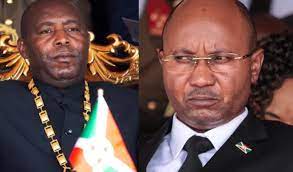
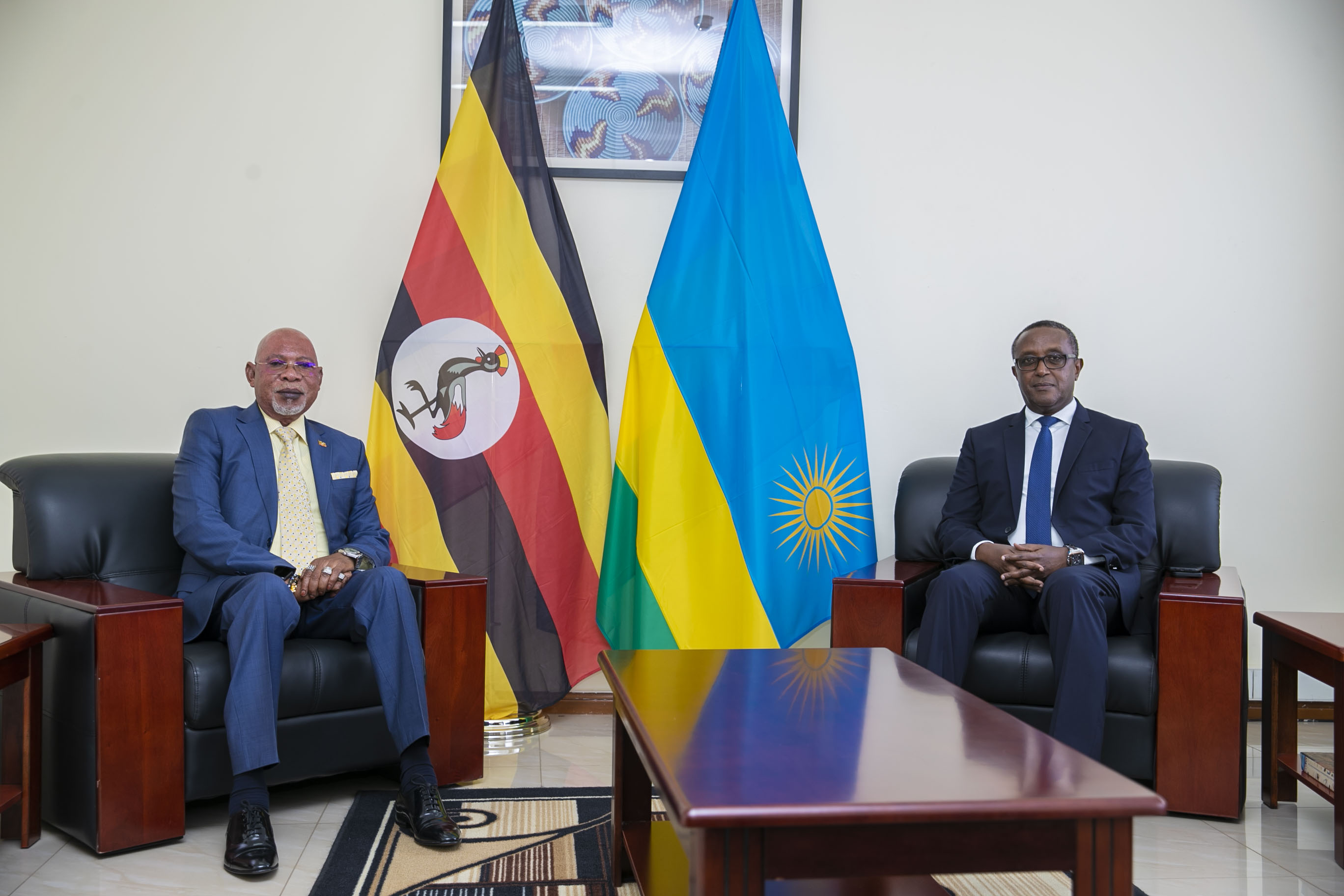
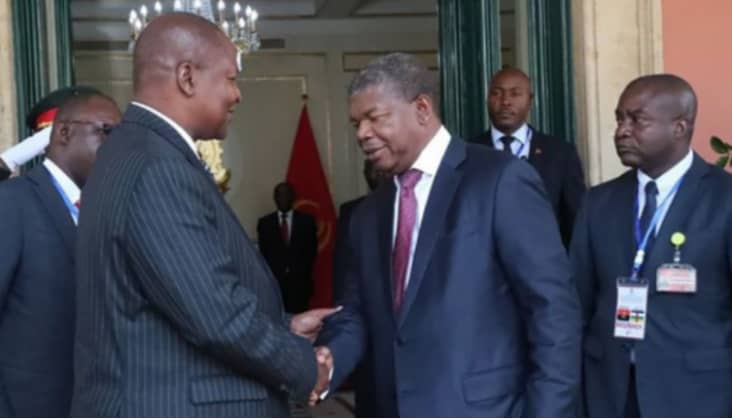
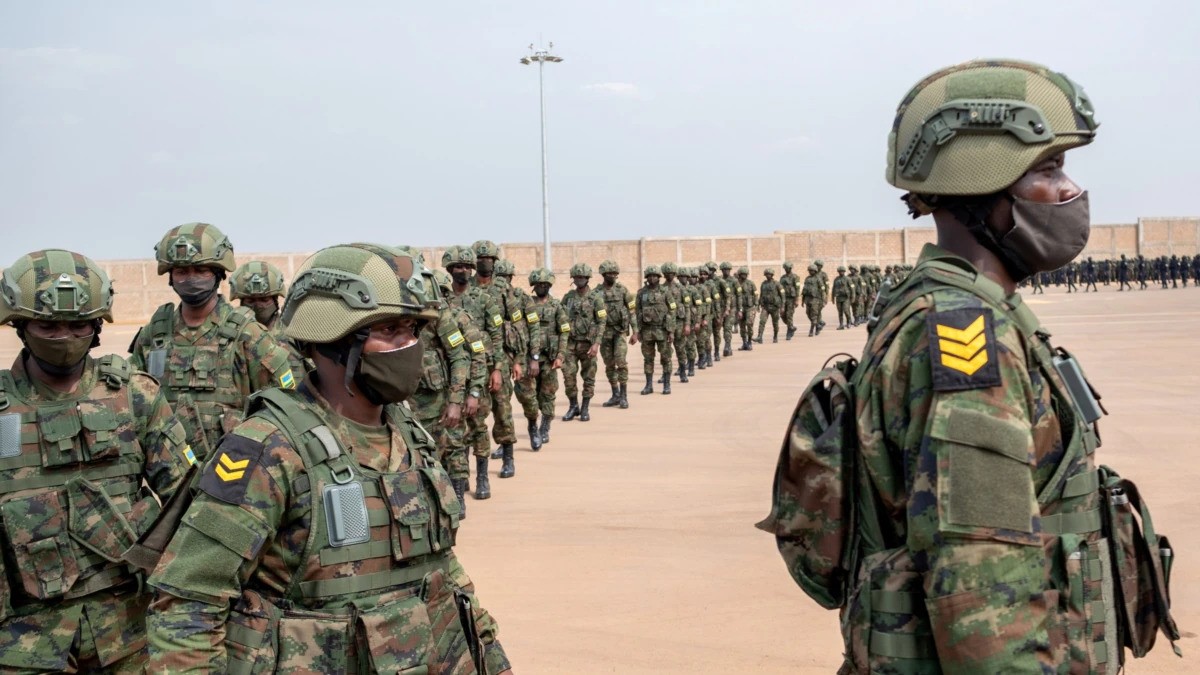
.jpg-20220901012416000000.jpg)